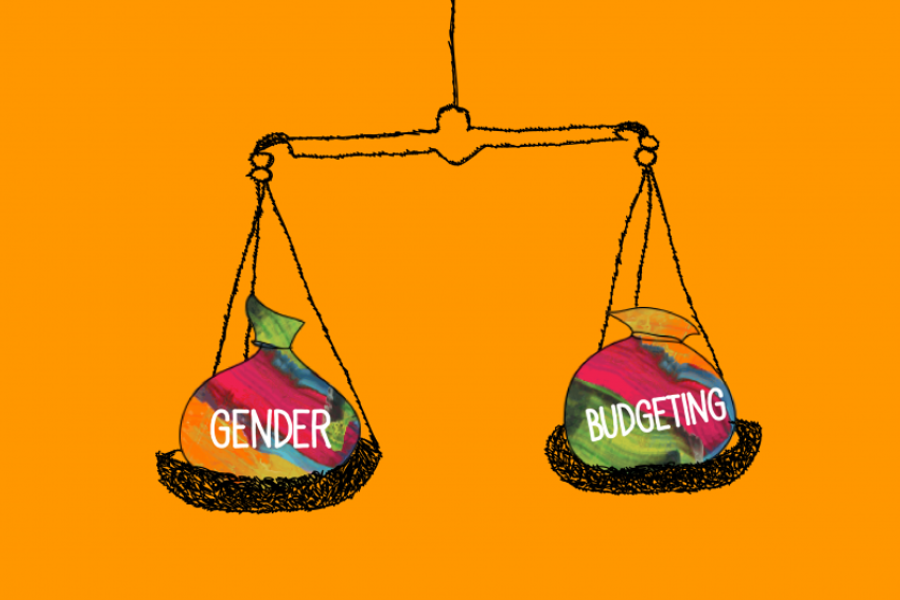Key principles of gender-responsive budgeting were discussed in Uzbekistan
27 July 2021
The United Nations Join Programme Strengthening Social Protection in Uzbekistan conducted the sixth on line webinar addressing gender equality.
The United Nations Join Programme Strengthening Social Protection in Uzbekistan conducted the sixth on line webinar addressing gender equality. This time members of the Uzbek parliament, government agencies and ILO’s social partners got acquainted with the concept of gender-responsive budgeting, tools and international practices and discussed the ways of it can be applied into the budget and policy-making process in Uzbekistan.

The webinar offered comprehensive insight of the concept of gender-responsive budgeting and international practices and tools based on collective experiences of UN Women, International Labour Organisation, UNICEF and UNDP. According to UN Women Gender-responsive budgeting (GRB) is an approach to systematically integrate gender equality objectives into government policy, planning, budgeting, monitoring, evaluation, and audit. It does not mean simply developing a separate budget for women. It is a comprehensive policy that also includes the collection and allocation of public resources to empower both women and men by considering diversity of their rights, needs, interests, educational, geographical, ethnic, income and dis/ability backgrounds throughout the lifecycle and minimising negative aspects of gender inequality.
Currently, Uzbekistan is developing three major strategies until 2030 on social protection, employment, and poverty reduction. It is important to mainstream gender equality in these strategies to ensure that no one is left behind. It is gratifying to observe increased attention to existing gender problems in Uzbekistan that has translated into two laws specifically targeting gender equality. These thoughts were shared in the welcoming speech of Ms Gulnora Marufova, First Deputy Minister of Makhalla and Family Support and the member of Gender Commission under the Senate of Oliy Majlis of the Republic of Uzbekistan. She also expressed her confidence that capacity building activities on GRB would help to improve the quality of legal acts and promote gender equality in Uzbekistan.

Deputy Minister of Finance, Mr Jamshid Abruev shared the progress of collaboration with international development agencies in promoting gender equality. Particularly in the field of GRB, the Ministry of Finance is developing an action plan with the assistance of the Asian Development Bank. This action plan will enable the Ministry of Finance and other line ministries to integrate gender equality principles in their budgeting processes.
Gender audit, analysis of gender issues based on sex-disaggregated data are an inherent component of GRB. Academia and research centres play a vital role in providing the evidence base for tailoring policies. Ms Victoria Alexeyeva, Deputy Director of Ijtimoiy Fikr Research Center, highlighted research projects on gender issues conducted by the centre she leads and how this think tank was supporting the government in tackling genderbased inequalities.
In her presentation, Ms Margarita Ozonas Marcos, ILO International consultant, shared the main principles of GRB, and illustrated its importance using real-life examples. She also explained key tools and methods of GRB and the role each government agency and civil society organisation play in the successful introduction of this approach in the policy-making process.
The presentation was followed by brief polls to help the participants to assess their learning. In the Q&A session, the participants discussed models of GRB in different countries and the ways of its integration in Uzbekistan.
Video materials shared during the presentation:




